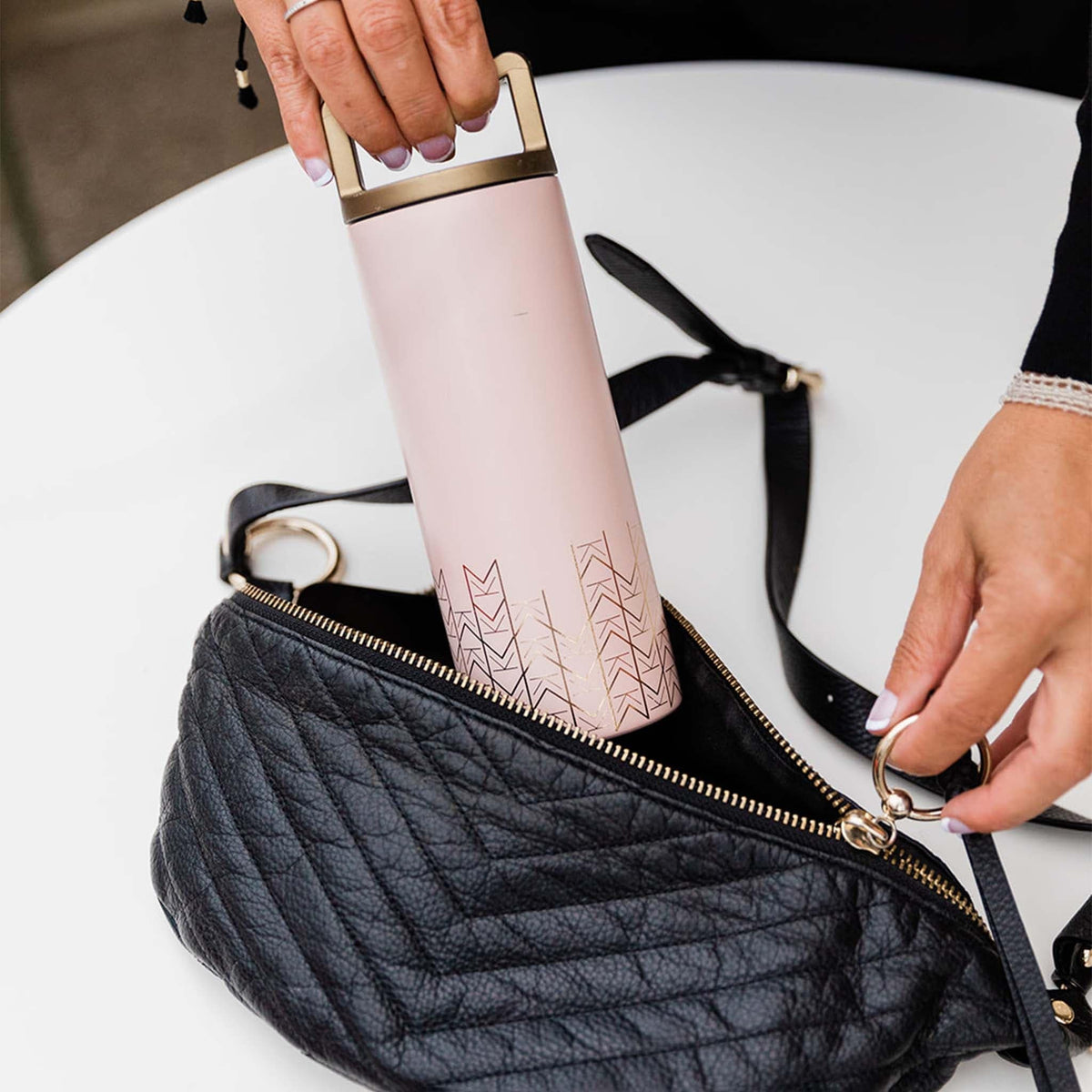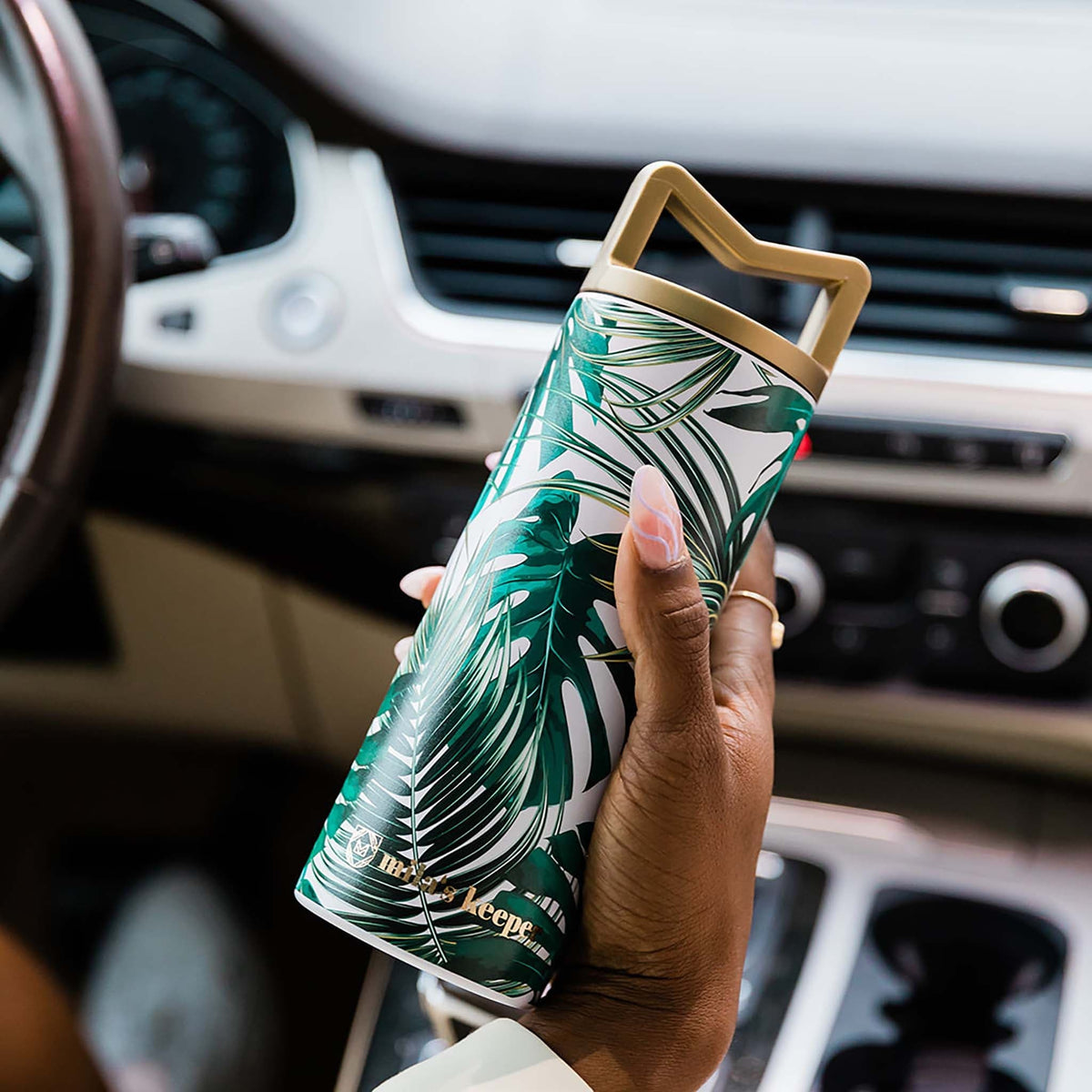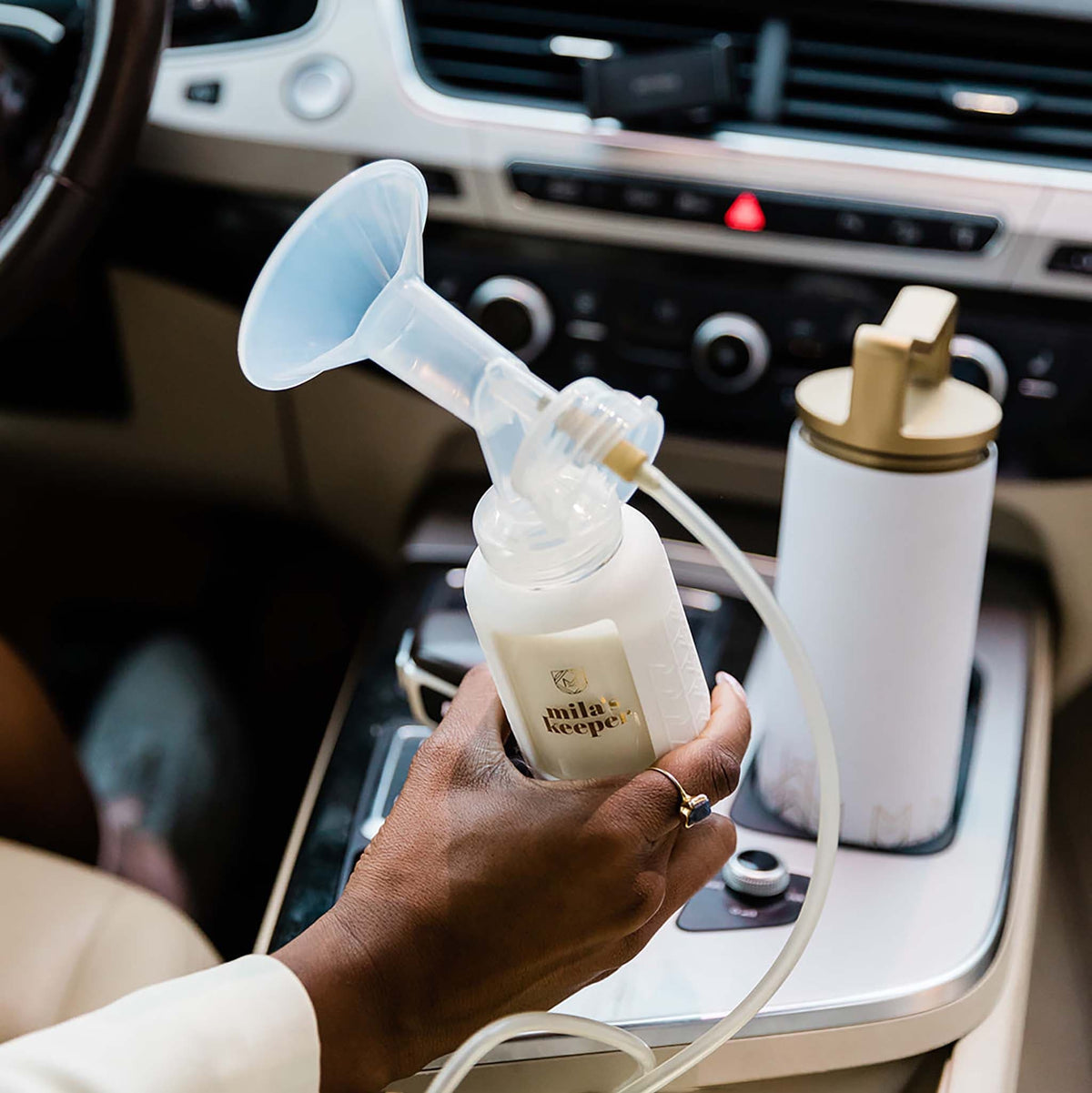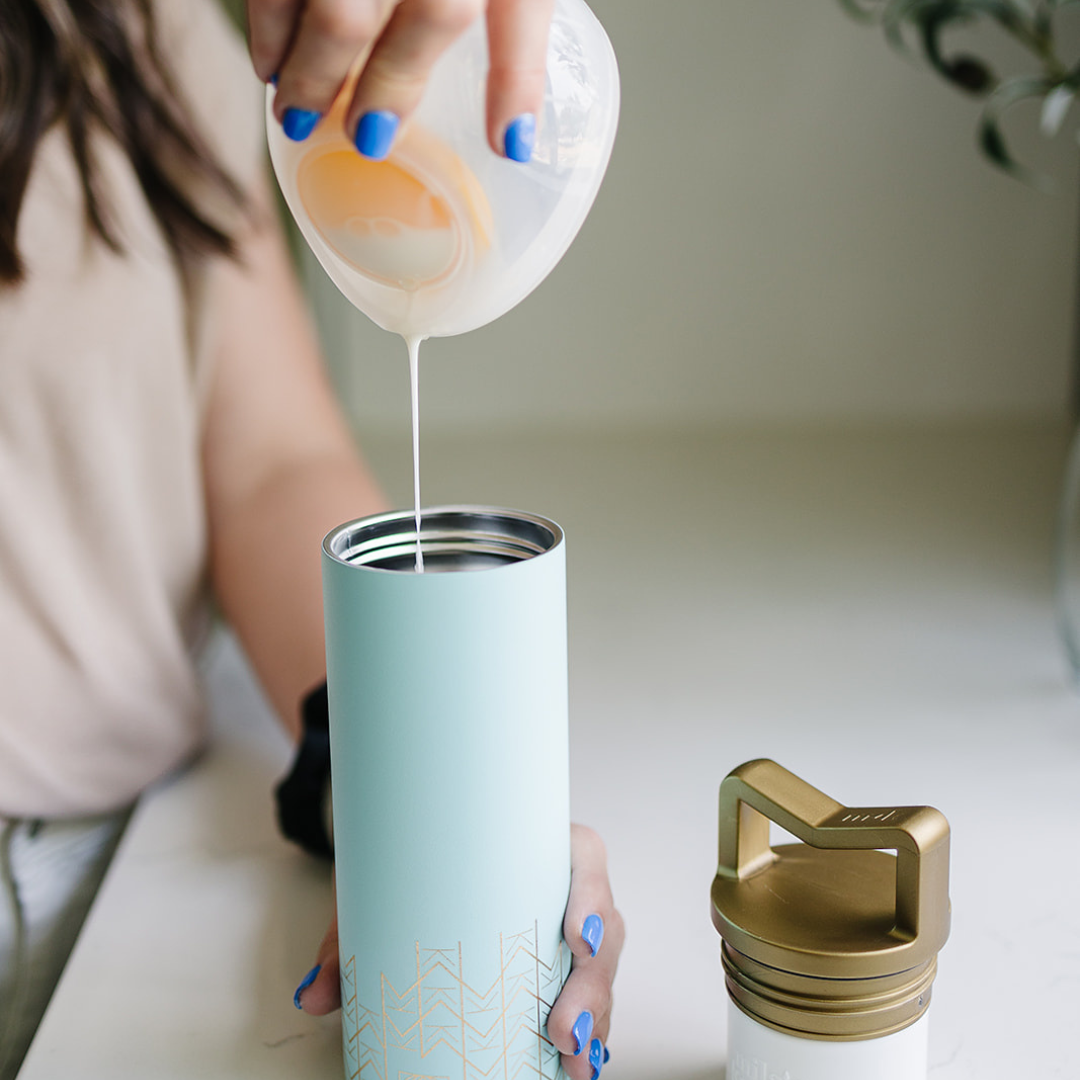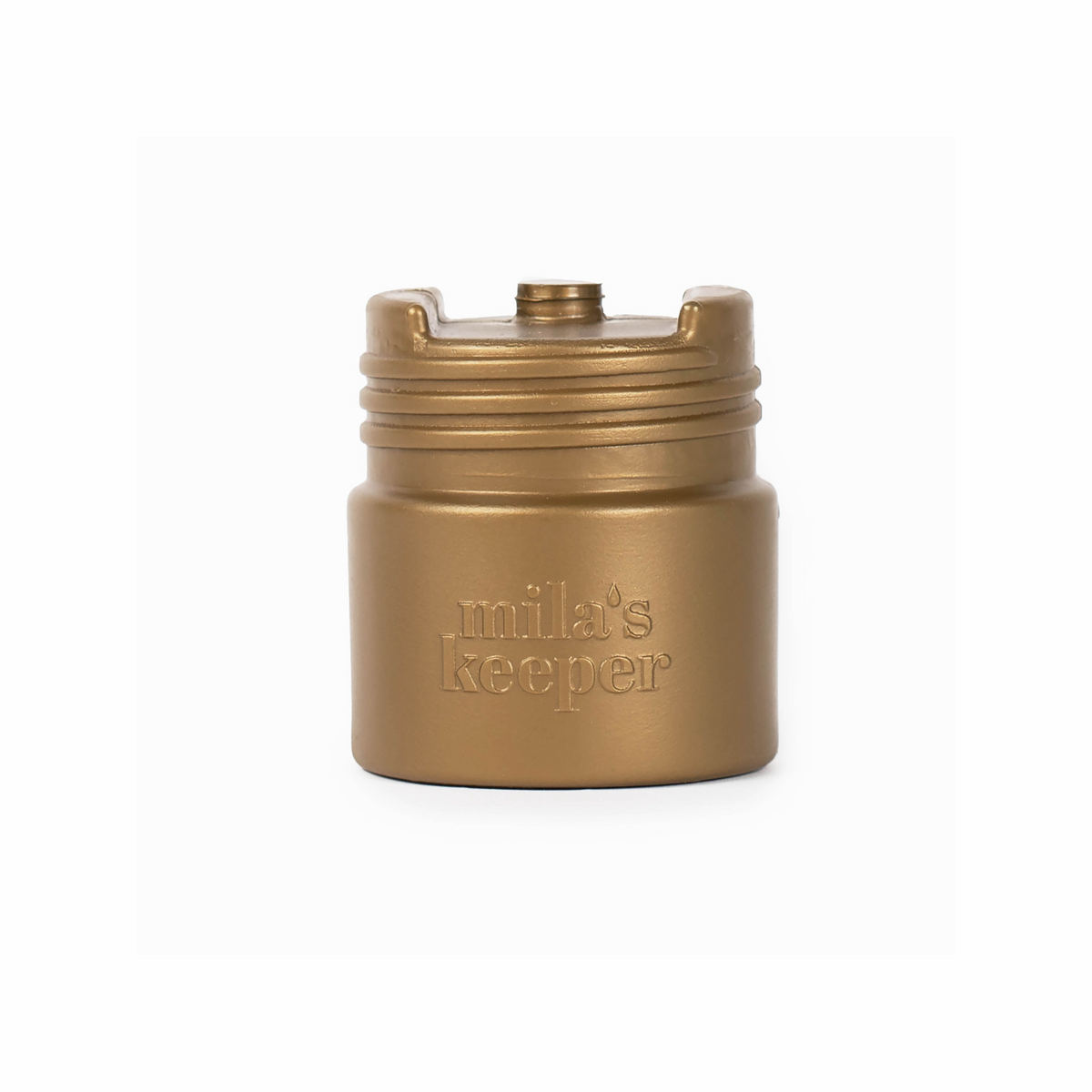When it’s finally time to become a mama, there are many things to consider. For working mothers (or soon-to-be mothers), understanding all the aspects of maternity leave is crucial to building your family.
Taking leave from work to welcome new additions to your family is vital to developing and growing a loving bond with your little ones. But when is the best time to actually take your maternity leave? We'll let you know.
See Related: Here's What You Need To Know About Maternity Leave
Key Points
- Understand your rights
- Make a realistic timeline
- Talk to your employer
- Pay attention to what your body tells you
- Figure out your finances
- Talk with the people close to you
1. Know Your Rights!
Maternity leave is when a new mother takes time off of work to give birth or adopt a new baby. However, any new parent regardless of gender can potentially get time off to build a family.
For new mamas, there are already enough questions floating around about the task of parenting itself. So navigating maternity leave can feel like a daunting and complicated task. Before you start considering all the more intimate details of your maternity leave, let's start with the basics.

When it comes to family leave, there are specific laws in the United States in place that probably apply to you if you're expecting. So, what rights do you have when considering maternity leave?
The Family And Medical Leave Act
One of the most well-known laws for new parents is the Family And Medical Leave Act (FMLA). It may seem like a jumble of meaningless words at first, but FMLA benefits are pretty noteworthy for new mamas. So, what exactly does the FMLA do for new parents?
The most significant part of FMLA is that companies must give eligible employees 12 weeks of unpaid family leave. This unpaid leave must take place within 12 months of the birth or adoption of a new baby.
In addition, FMLA ensures job-protected leave, meaning you can return to the same company and position at the end of your maternity leave.
However, just because you are employed in the United States doesn't necessarily mean you qualify for FMLA leave. For example, many private companies aren't required to give out 12 weeks of parental leave.
Certain employees also may not be directly covered under FMLA if their absence would cause significant financial harm to their company.
Health insurance is also taken into account under FMLA. Your employer must keep you on your current health insurance plan while you're on maternity leave. That way, you can save your same plan and insurance coverage!
Rights For Nursing Mothers
Like all good things, maternity leave will eventually come to an end, and you'll return to your workplace. However, remember that federal law also protects nursing mamas at work. Employers are required to provide a reasonable break time and location for any new mother to express breast milk at work.
Working mamas also need to consider how they will store their liquid gold at work after pumping. That's why here at Mila's Keeper, we created our insulated breast milk coolers for working moms and any mothers on the go.
Our beautifully designed coolers make it possible to keep your precious milk cold for up to 20 hours, no matter where you may be. Even if you don't have easy access to a fridge, you can rest assured that your milk will be properly stored while you're away from home. It's that simple and easy!
2. Make A Plan For Your Time Off
Planning ahead for any big event in life is always a good practice. So make sure that by the time your baby arrives, you have already created a set game plan for your maternity leave.

When it comes time to design your maternity leave schedule, you'll likely be planning around your due date! This day will theoretically determine when you'll go from being pregnant to being a mother.
Sometimes, new parents work at their jobs right up until they give birth. This is so that afterward, they have as much time off as possible. However, other mamas decide to start their maternity leave a couple of weeks before they're due so their bodies can relax and prepare for the beauty of childbirth.
Much of this choice will come from personal preference and what feels right for you! You'll need to consider your entire situation before deciding when to start maternity leave.
Talk To Your Company's Human Resources Department
One of the first things you should do when planning your time off is to talk to your company's HR department. Communication with your employer is essential to ensure that everyone involved (including your company) is on the same page.
You'll need to give your employer or HR representative adequate notice before informing them of your intended maternity leave. If you're taking FMLA leave, you'll need to provide at least a 30-day notice.
Your coworkers will likely need to fill in for you while you're gone, so giving the whole team time to prepare is essential. Even when you're gone on maternity leave, your coworkers still might appreciate periodic communications and updates so they know when they can expect you back at work.
Bonus: 5 Things You Should Know About Exercising While Breastfeeding
3. Know What Your Company Can Do For You
It's important to keep in mind that you might not qualify for FMLA benefits. In fact, only 60% of U.S. employees do. But don't let that deter you from seeing what sort of other benefits your employer can offer you regarding parental leave.
Make sure you keep in touch with your company during your time preparing for maternity leave. Ask them how much time they can give for maternity leave and what they need from you to make it happen. You'll never know if you don't ask!
Start a conversation about what sort of other leave benefits they can offer you. Many new mamas take personal days, sick leave, or vacation time to have more time at home with their families.
Paid Family Leave
One of the biggest questions expecting parents ask their employer about maternity leave benefits is whether it will be paid leave. Even under FMLA, many companies aren't required to offer paid parental leave - only 12 weeks of unpaid.

However, that doesn't mean your employer won't give you paid time off. There are certain cases and states where paid leave is guaranteed. Plus, many employers actually offer paid family leave as an enticing employee incentive.
So when it comes to considering if you will qualify for paid leave, the key is to talk to your employer. That's the only way you'll know if you can still expect a paycheck while at home with your little one.
4. Pay Attention To Your Body
Pregnancy and childbirth are beautiful journeys that each new mother has the amazing opportunity to partake in. So, of course, your body can help you decide on your maternity leave start date.
Listen to your body and what it needs. If you feel like you'll inevitably need to leave sooner to physically prepare for giving birth, then do so! On the other hand, if you want to work up until your due date to have ample time to recover after giving birth, that's okay too.
Also, keep in mind that you don't know definitively whether your baby will arrive early or late. Trying to facilitate your maternity leave on a technical plan might not always go accordingly.
Paying attention to how your body feels will help ensure that the time you take off will be what's best for your overall health and well-being.
5. Take Account Of Your Finances
Another important factor of maternity leave is considering how it will affect your bank account. Of course, if you're a working mama, you probably don't want to jeopardize your finances.
But, of course, you still want to be able to spend as much time as possible with your little ones, especially after giving birth!
Unfortunately, it's not guaranteed that your employer will offer paid leave when it's time to have your baby. So you'll need to consider how much time you can take off without a paycheck.

Creating a budget to abide by is a good idea. Make sure you also save money when you can in advance to alleviate any other financial burdens.
Remember - don't let financial considerations stress you out! It's easy to feel the strain of balancing money, but always know that when it comes to building your family, it will all be worth it!
6. Talk To Your Family
Don't forget that you're not alone in your path to motherhood. Whether it's your parents, spouse, partner, or friends, let the people you care about know what's going on.
Having a support system will be relieving and enjoyable to have while you're going through your maternity leave.
Especially if your family is planning to help you during your pregnancy and after your baby arrives, let them know your plan, even if it's only in theory so far. Communication is key to ensuring everyone is on board and on the same page with what's going on.
Your family also knows you best. If you are still unsure of when to take your maternity leave, trust your loved ones to provide some advice or insight. Pregnancy can be difficult, so let the people close to you help you as much as possible.
Keep Reading: Why Gender-Inclusive Lactation-Related Language Matters
--
A female-designed and female-run company, Mila's Keeper is on a mission to empower women to thrive during their breastfeeding journey by offering reusable, eco-friendly breast milk storage solutions for their day-to-day needs. Get the latest tips and info on Mila's Keeper products by following us on Facebook, Twitter, Instagram, Pinterest, and LinkedIn.










